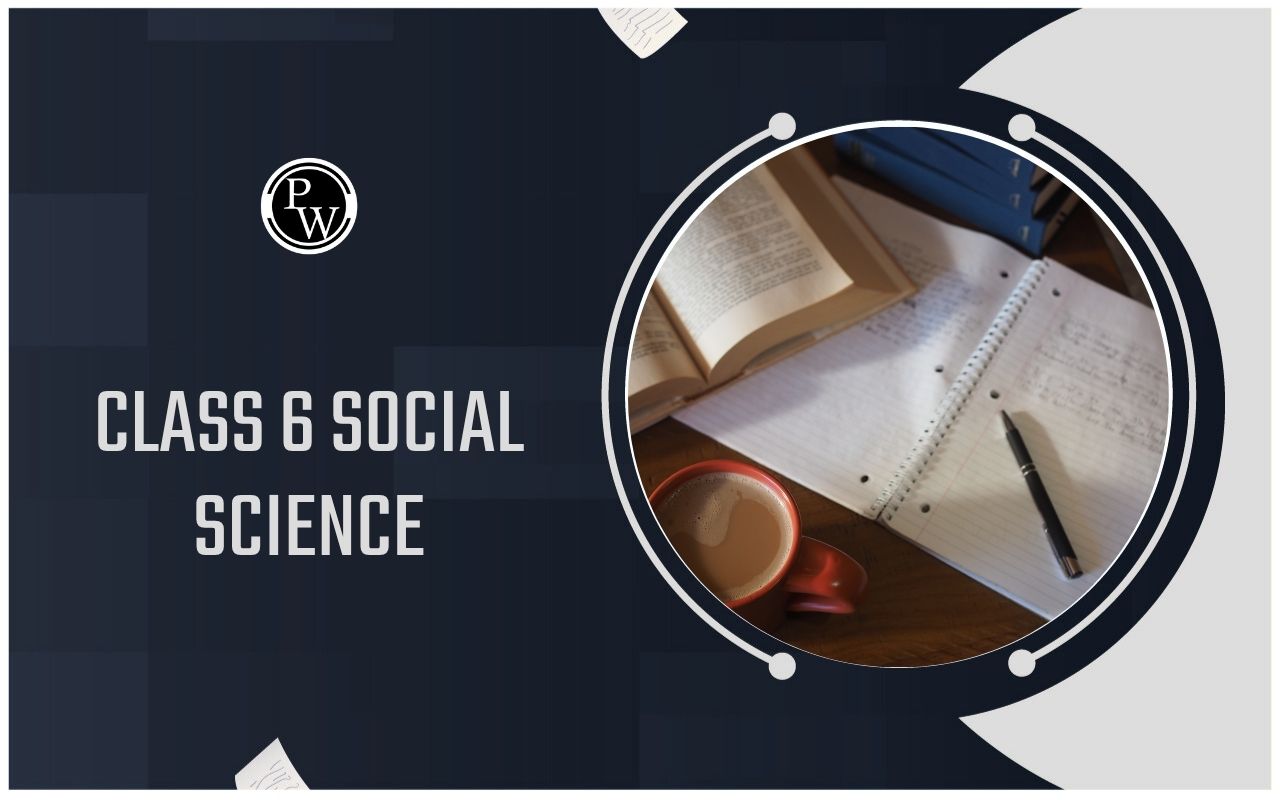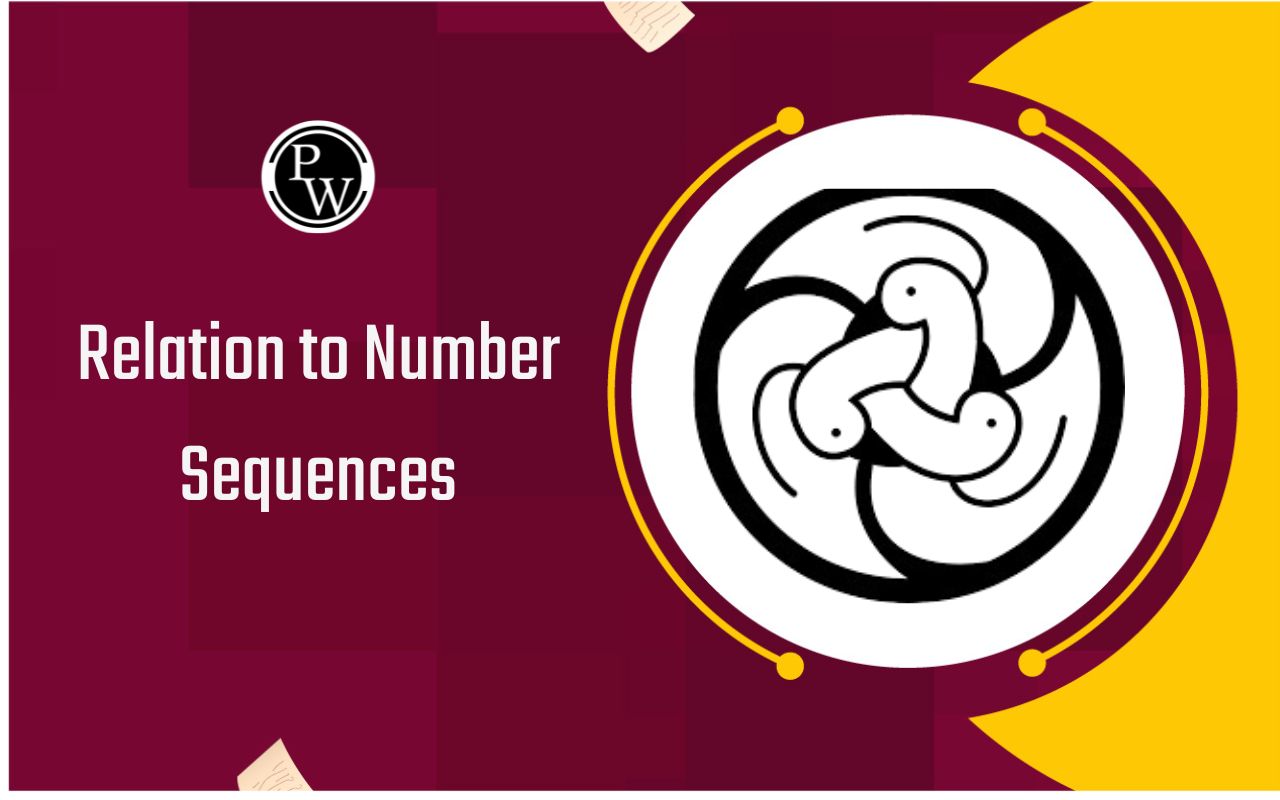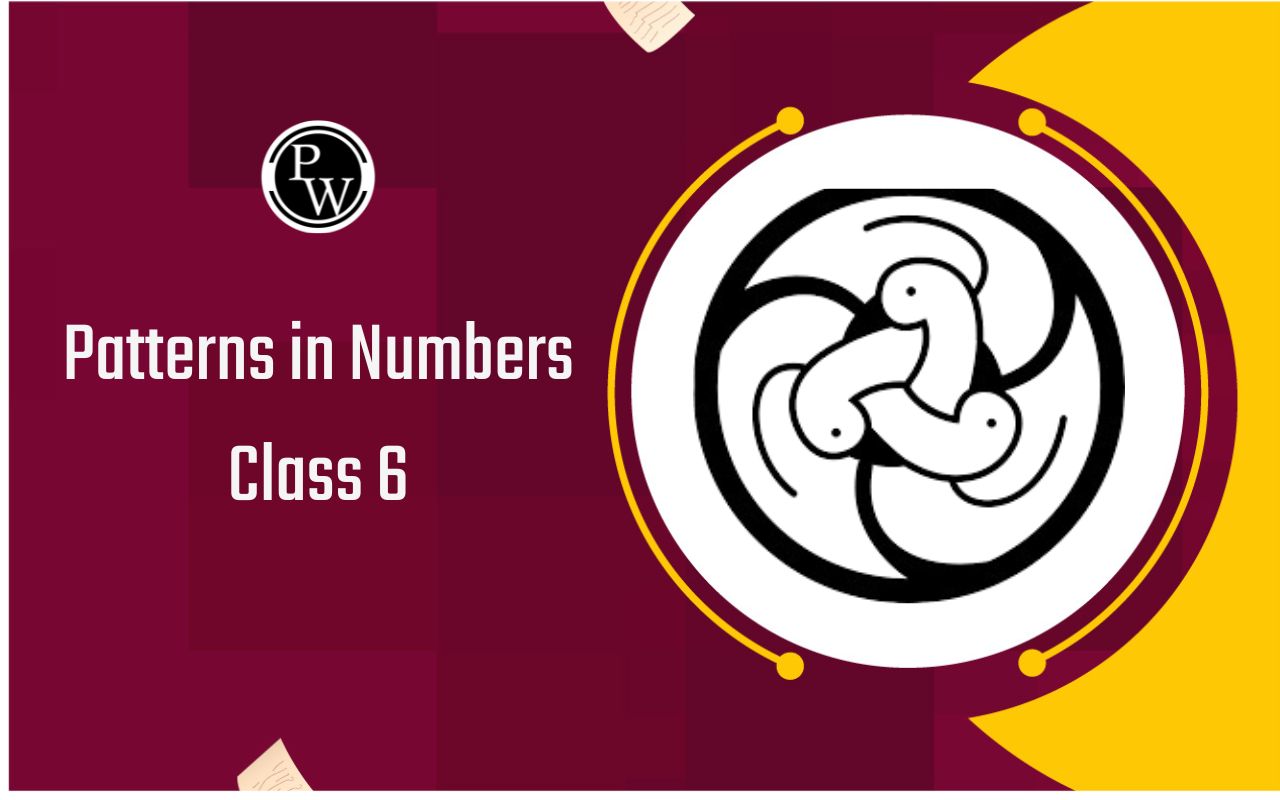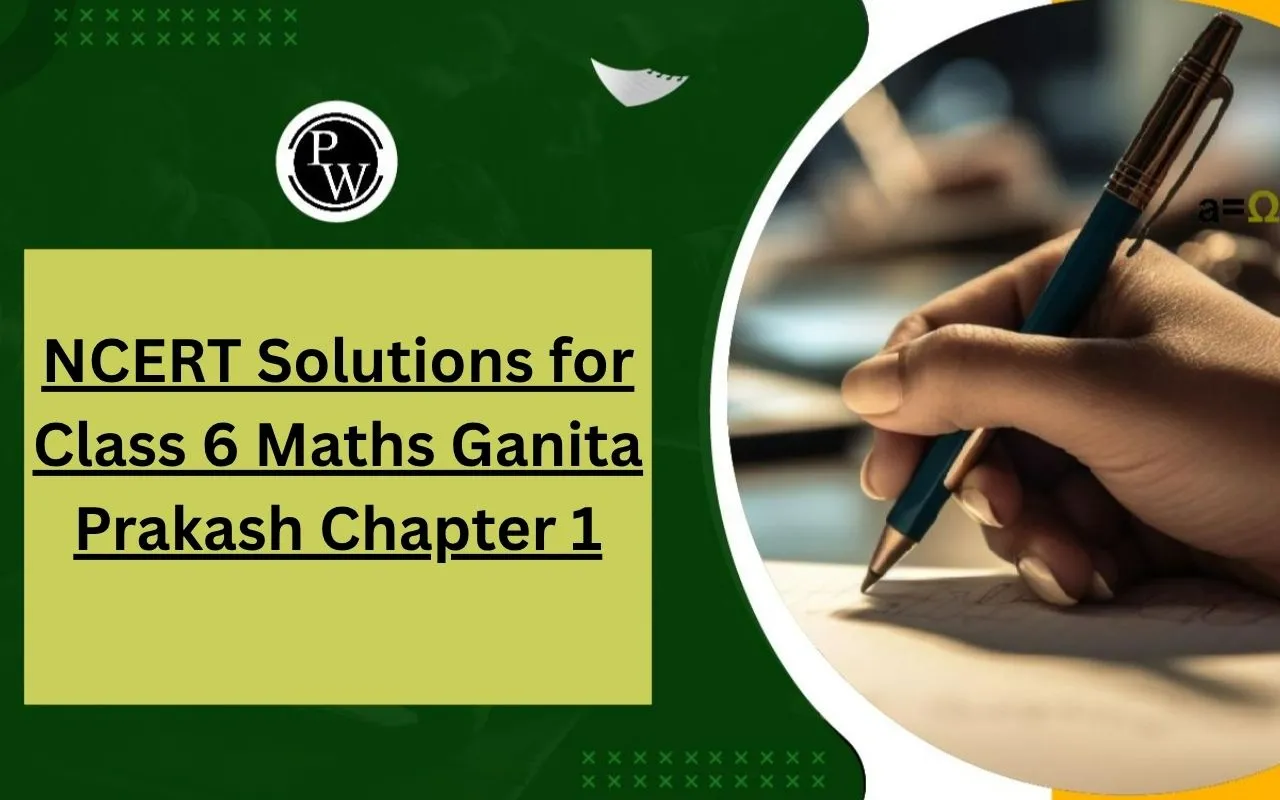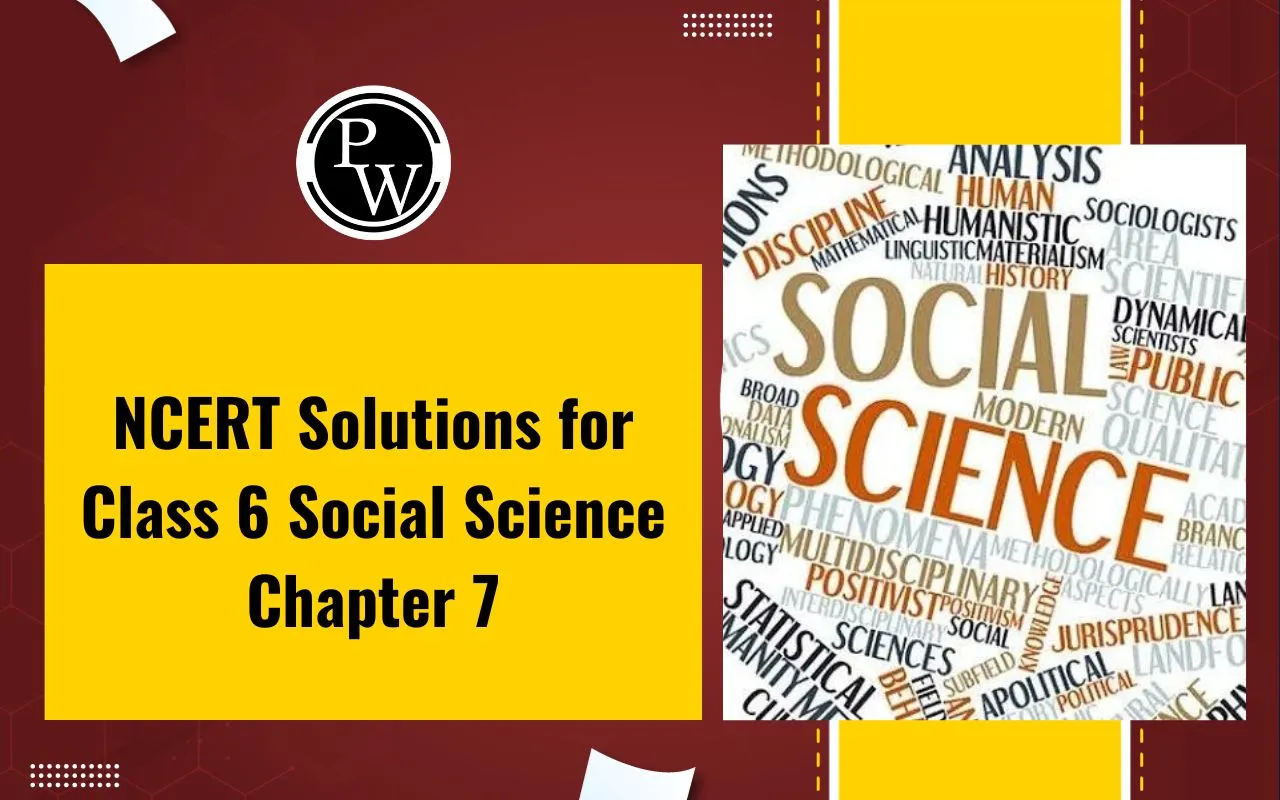
NCERT Books for Class 6 2025-26: The NCERT Class 6 curriculum for the 2025–26 academic year introduces refreshed textbooks and a revised syllabus aligned with the National Education Policy (NEP) 2020. Subjects like English and Hindi feature new textbooks—Poorvi and Malhar, respectively—focusing on thematic learning and language skills.
Mathematics emphasizes logical reasoning through patterns, symmetry, and data handling. Science adopts an activity-based approach to explore motion, light, and the environment. Social Science is structured into themes covering geography, history, and civics, fostering a comprehensive understanding of social structures.
The exam pattern includes 90-minute assessments per subject, each carrying 100 marks, with a passing criterion ranging between 33% and 35%, as determined by individual schools. These updates aim to enhance conceptual clarity and critical thinking, preparing students effectively for future academic pursuits.
NCERT Books for Class 6 2025-26
Here is a table providing the updated NCERT Class 6 textbooks for the 2025–26 academic year, reflecting the latest CBSE syllabus aligned with the National Education Policy (NEP) 2020:
|
NCERT Books for Class 6 2025-26 |
|
|
Subject |
New NCERT Book Name |
|
English |
Poorvi |
|
Hindi |
Malhar |
|
Sanskrit |
Deepakam |
|
Mathematics |
Ganit Prakash |
|
Science |
Curiosity |
|
Social Science |
Exploring Society: India and Beyond |
NCERT Books for Class 6 2025-26 Overview
Here we have provided an overview of the NCERT Class 6 Books for 2025–26, aligned with the new syllabus and NEP 2020 framework, based on the updated book names:
1. English – Poorvi
The new English textbook emphasizes storytelling, poems, and contextual grammar through relatable themes. Poorvi encourages reading comprehension and creative writing. Activities and discussions are designed to build communication skills. The content also aligns with multilingual exposure recommended under NEP.
2. Hindi – Malhar
Malhar is rich in literary pieces, poems, and informative prose that promote language fluency. It focuses on comprehension, vocabulary, and expression in Hindi. The book includes moral and cultural themes. Exercises are aligned with the revised assessment pattern.
3. Sanskrit – Deepakam
Deepakam introduces students to basic Sanskrit vocabulary and sentence formation. It focuses on interactive learning through shlokas, stories, and dialogues. The book promotes cultural understanding and phonetic clarity. Designed for beginners, it follows a simple and engaging structure.
4. Mathematics – Ganit Prakash
This textbook emphasizes conceptual clarity through real-life problem-solving. Ganit Prakash includes chapters on numbers, patterns, geometry, and data handling. Visual aids and puzzles foster logical thinking. The approach supports critical thinking and application-based learning.
5. Science – Curiosity
Curiosity adopts an activity-based learning model, promoting inquiry and experimentation. Topics like light, motion, environment, and the human body are explored with practical tasks. The book encourages observation and hands-on learning. It aligns well with interdisciplinary learning principles.
6. Social Science – Exploring Society: India and Beyond
This integrated textbook covers History, Geography, and Civics through thematic units. It aims to develop awareness about communities, governance, and the natural world. The book encourages map work, discussions, and project-based activities. It fosters critical and civic thinking.
Steps to Download NCERT Books for Class 6 2025-26
Below we have provided steps to download the NCERT Books for class 6 -
1. Visit the Official NCERT Textbook Portal
-
Go to the NCERT official website: ncert.nic.in.
2. Select Your Class and Subject
-
Choose “Class VI” from the dropdown menu.
-
Select the desired subject (e.g., English, Mathematics, Science, etc.).
-
Click on “Go” to proceed.
3. Download Chapter-wise PDFs
-
A list of chapters will appear.
-
Click on each chapter link to open the PDF.
-
Use the download option in your browser to save the PDF files to your device.
NCERT Syllabus Class 6th 2025-2026
The NCERT Syllabus for Class 6 (2025–26) follows the NEP 2020 framework, focusing on conceptual clarity, critical thinking, and experiential learning.
It covers core subjects like English, Hindi, Sanskrit, Mathematics, Science, and Social Science, integrating activity-based learning and real-world applications.
The updated syllabus encourages multilingual skills, foundational literacy, and interdisciplinary understanding, preparing students for higher classes while supporting the revised exam pattern and assessment methods.
Benefits of Using NCERT Books for Class 6 2025-26
Here we have provided some benefits of using NCERT Books for Class 6 (2025–26 edition), especially with the updated NEP 2020-aligned content:
1. NEP 2020-Aligned Curriculum
The new books follow the National Education Policy, focusing on foundational literacy, numeracy, and conceptual understanding rather than rote learning.
2. Activity-Based & Experiential Learning
Books like Curiosity (Science) and Ganit Prakash (Maths) include real-life applications, experiments, and hands-on tasks, making learning more engaging and effective.
3. Language-Rich and Multilingual Exposure
English (Poorvi), Hindi (Malhar), and Sanskrit (Deepakam) books promote language proficiency with a focus on storytelling, culture, and cross-linguistic learning.
4. Strengthens Conceptual Clarity
Textbooks are written in simple, clear language with well-graded examples. They help build a strong foundation for competitive exams and higher classes.
5. Standardized Across India
Being officially prescribed by CBSE and followed by most state boards, these books offer consistency and reliability in academic preparation.
6. Free & Easily Accessible
NCERT books are available for free download on the official website of NCERT, making them affordable and accessible to all students.
7. Supports Exam Readiness
Chapter-end exercises and model questions are closely aligned with school exam patterns, helping students practice effectively and score well.
8. Promotes Values and Citizenship
Subjects like Social Science (Exploring Society) include moral education, civic sense, and environmental awareness—essential for holistic development.
NCERT Books for Class 6 2025-26 FAQs
Are these books enough for Class 6 exam preparation?
Where can I download NCERT Class 6 books for free?
What is the name of the new English book for Class 6?

